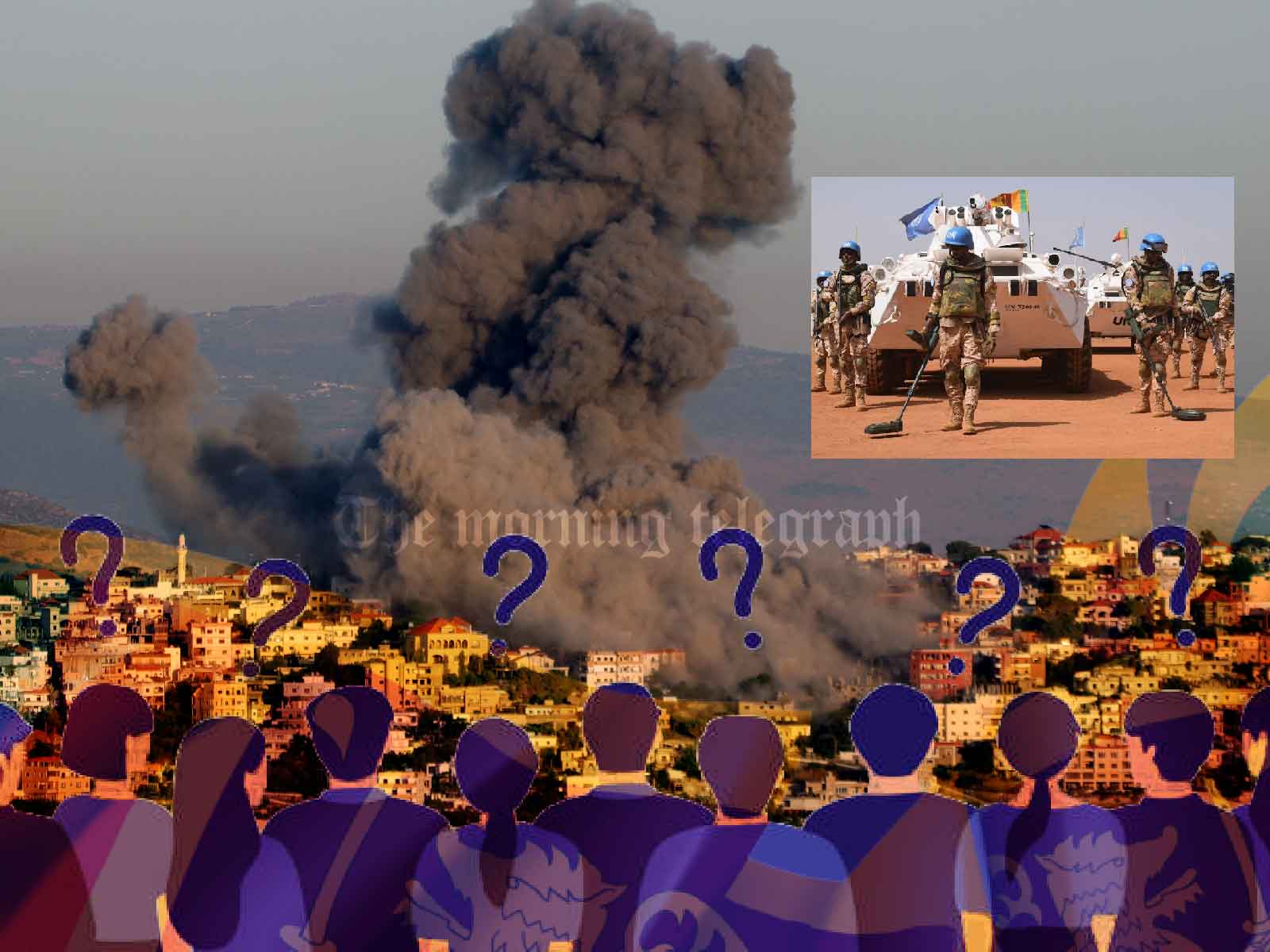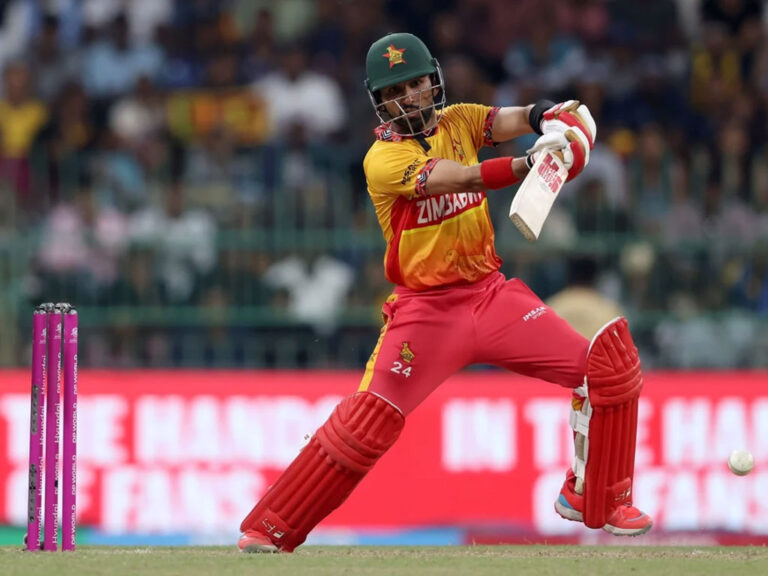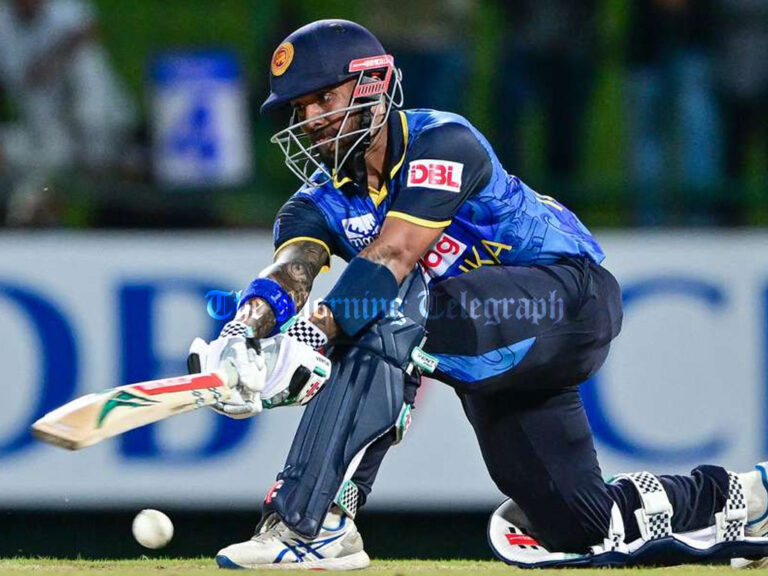
As the situation in Lebanon intensifies with ongoing military bombardments by the Israel Defense Forces, 7,600 Sri Lankan migrant workers and 126 Sri Lankan UN peacekeepers find themselves in a state of dilemma. Many workers are grappling with the decision of whether to remain in Lebanon or return to Sri Lanka.
In southern Lebanon, where Sri Lankan soldiers are stationed as part of the United Nations Interim Force in Lebanon (UNIFIL), the peacekeeping posts have come under repeated attack. UNIFIL spokesperson Andrea Tenenti reported that the organization has faced deliberate assaults by Israel on five separate occasions, with two Sri Lankan peacekeepers sustaining injuries last week—one of whom has since been discharged from the hospital while the other is still recuperating.
Most Sri Lankan peacekeepers are assigned to UNIFIL’s force protection unit, tasked with safeguarding the headquarters in Naqoura, according to Lt. Col. Sujan Sakya, the senior military public information officer for Sri Lanka. Despite the challenges, Tenenti emphasized that UNIFIL has not retaliated but is authorized to defend itself at the discretion of its commanders.
Simultaneously, the Sri Lankan migrant workers in Lebanon are weighing their options amid escalating tensions. According to Sri Lankan Ambassador Kapila Jayaweera, many workers are reluctant to return home. “Some have lived in Lebanon for decades, started families, and consider it their second home,” he explained. However, they face significant challenges in assimilating into Lebanese society. The existing kafala system restricts their legal status, limiting their access to public services such as education for their children.
The Sri Lankan Embassy, with support from non-governmental organizations (NGOs), is assisting migrants in finding safe spaces. However, Andrew Samuel, director of Community Development Services—an NGO focused on migrant issues—warned that conditions in shelters are deteriorating, with various diseases spreading rapidly amid an already broken healthcare system.
A Sri Lankan working in a private hospital reported that many migrant workers, especially those with expired visas, can only access healthcare through NGOs due to the high costs of private hospitals. “If the situation worsens, many may reconsider their decision to return to Sri Lanka,” Samuel cautioned.
An additional barrier for many migrants is the lack of official documentation. Some arrived in Lebanon with fake passports or travel visas and failed to register with the Sri Lankan Foreign Employment Bureau. Others have had their passports confiscated by employers, many of whom have since fled the country.
Long-term residents face further complications, as many have children with Palestinian or Syrian refugees. Due to Lebanese laws prohibiting marriage registration between foreigners, these children are classified as born out of wedlock, complicating their documentation and legal status.
As the conflict continues, the plight of both the Sri Lankan workers and peacekeepers in Lebanon remains precarious, underscoring the urgent need for humanitarian assistance and diplomatic support to navigate this challenging situation.




